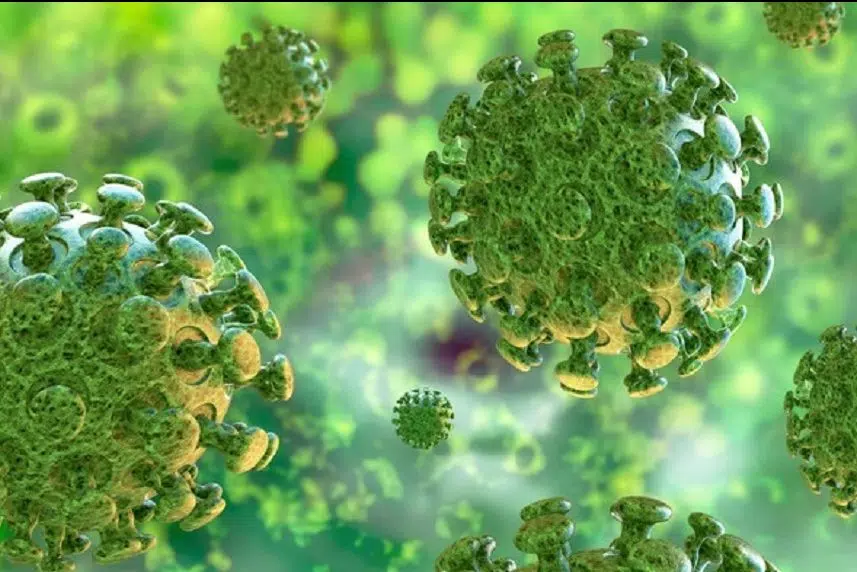A Saskatchewan microbiologist is warning people not to get too relaxed with social distancing measures and to seek testing even if they have just one mild symptom of COVID-19.
“The greatest threat right now is complacency. All we need to do right now is look to our neighbours to the west and we can see how rapidly a situation can change,” Dr. Joseph Blondeau said on Gormley on Monday.
Blondeau is the head of clinical microbiology at the University of Saskatchewan and said the surge in cases in Alberta, particularly those linked to a meat-packing plant, show just how quickly the virus spreads.
“It’s not that people were intentionally making their co-workers and colleagues sick, it’s just that perhaps they had symptoms and they didn’t think that there was anything to them and thought it was OK to go to work and ended up being positive for the virus and spreading it to other people,” Blondeau said.
He said all of the warnings people are tired of hearing need to be strictly followed in order to keep numbers low. The virus is just as contagious as the common cold and it depends on contact with surfaces and sneezing or coughing near someone.
As Saskatchewan prepares to lift some restrictions with caution, Blondeau said one of the concerns is the low number of people getting tested.
The province has a goal of testing 1,500 people per day and has the capacity to go beyond that, but testing numbers are dropping, which officials attribute to people not coming forward with symptoms or asking to get tested.
Blondeau suggested many people may not be bothering to seek testing because they don’t have all three symptoms of fever, cough and shortness of breath. But right now, any single symptom counts as a reason to get checked out.
“So you don’t necessarily have to have all of the symptoms. Any new symptom should be something that you should be phoning to get an assessment on,” Blondeau said.
“I think we all have a responsibility if something new is happening to us to explore whether or not this is possibly due to this virus.”
Testing involves a nasal swab that might be a little bit uncomfortable, but it doesn’t hurt. Blondeau said those swabs can be sent to a lab to get a result usually within the same day.
Blondeau also spoke about the extensive medical research being done on this virus, in particular when it comes to samples from people around the world who are critically ill.
He said the data from all of the patients can help provide a roadmap to treatment when it shows common characteristics that can be linked to outcomes.











